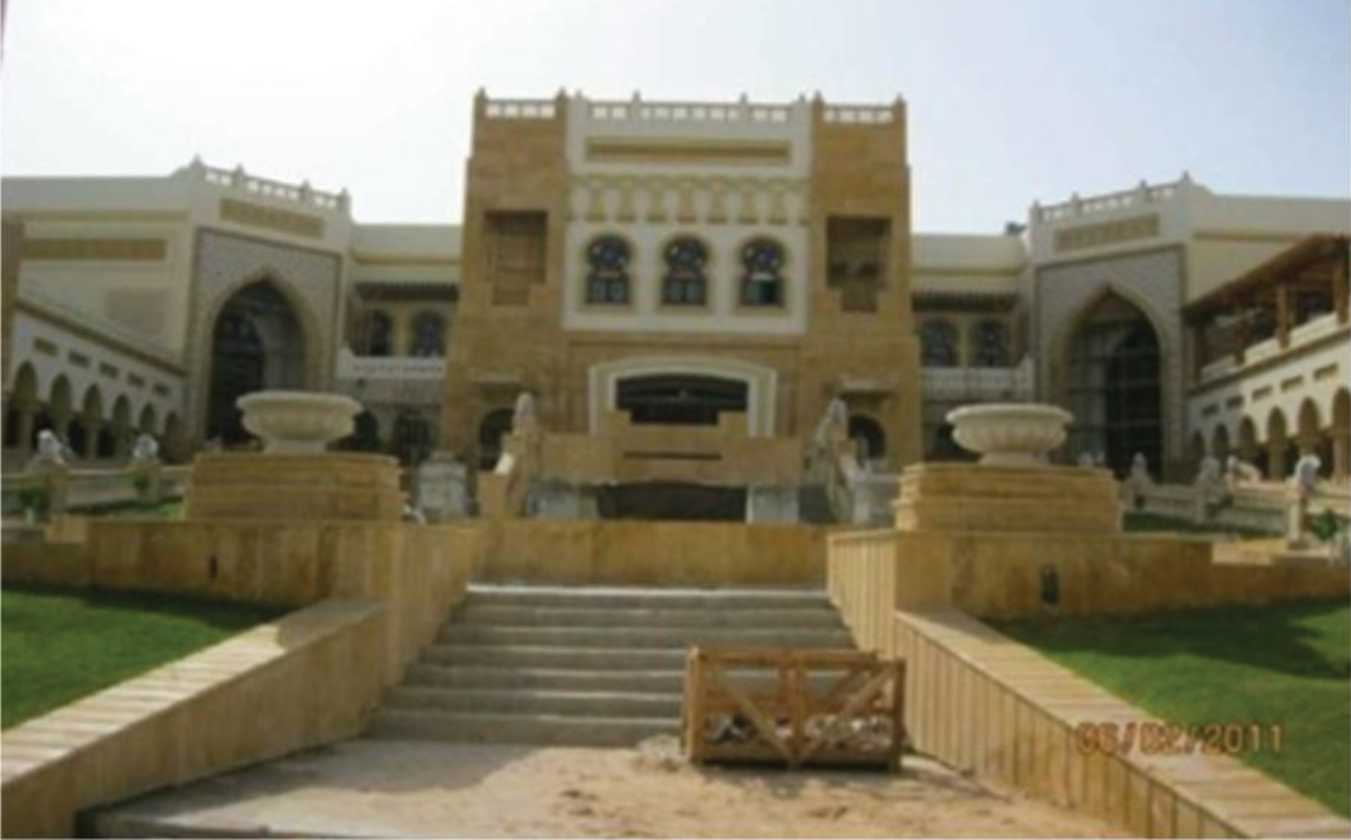Capability Statements
Irrigation And Hydraulics
The continual growth in world population places increased demand on water resources, whether for agriculture, industry, drinking water, or sanitation. Conserving water as well as effective water storage and dissemination is essential if the growing demand is to be met.
Population growth demands increased food supplies and therefore larger and improved agricultural practices. As one of the world's first agricultural civilizations, irrigation has been at the core of Egypt's development over thousands of years. This depth of understanding and experience is still harnessed today with many of our engineers working to develop new and innovative techniques for delivering water to our communities. At ACE we have successfully delivered many national and international projects, demonstrating our immense knowledge in this field.
The multi-disciplinary nature of our company means that we are able to combine planning, design, and construction management to deliver irrigation and hydraulic projects. Our outstanding track record in this field can be seen in our extensive portfolio of projects including the construction of irrigation systems, canals, drains, regulators, dams, barrages, and other hydraulic structures.
Irrigation Schemes

ACE has delivered a number of irrigation schemes both in Egypt and across Africa and the Middle East. Notably, in arid areas where water is scarce, irrigation schemes have been installed to control water flow and allow agriculture. With irrigation schemes accounting for approximately 25% of water consumption in Egypt, irrigation scheme designs commonly require planning approval prior to construction. In a move towards
improved water conservation, irrigation has been targeted as an area where significant water savings could be achieved.
Our irrigation specialists provide services including; |
Irrigation system inspection, monitoring, and evaluation. |
Water supply analysis. |
Irrigation system design. |
Tender documentation preparation. |
Construction management. |
Careful analyses of the local climate, soil condition, water supply, and pressure, and electrical supply enable our engineers to design efficient systems, thus minimizing maintenance requirements, and reducing waste.
By incorporating appropriate planting as well as providing sound hydraulic engineering solutions (including the use of captured rainwater, recycled and treated water), water consumption can be greatly reduced.
Having delivered many projects with complex design requirements we have developed a reputation based on delivering practical and cost-effective design solutions on budget and on time.
The use of Geographic Information Systems (GIS) to interrogate different types of geospatial data is fundamental to the way in which we model and analyze the provision of water in our irrigation projects. Modeling of terrain, water catchment areas, vegetation, soil types, and other local environmental factors enable us to build a detailed understanding of how an irrigation system will function. This modeling provides us with the opportunity to test multiple scenarios before committing to an option most suited to the needs of the users.
Our detailed understanding of irrigation schemes has resulted in our engagement on several high-profile national and international projects. In 2005 ACE was appointed to undertake a comprehensive feasibility study of the irrigation of the Nile Delta and Valley as part of Egypt's Integrated Irrigation Improvement and Management Project (IIMP). In 2006 ACE undertook a major study of the Orantes Basin in Syria to develop and design a new irrigation system. The project included a wide range of studies (such as topographic, economic, and environmental) which were used to inform the design of the system. ACE was responsible for the engineering design and tender documents.
Dams and Barrages
Due to the limited rainfall across Egypt, the main source of water for agriculture is through irrigation projects along the banks of the Nile. These projects have been implemented through a series of dams and barrages that regulate water flow and generate power. Water management is essential in ensuring the water from the Nile is not wasted. With so many demands for water, from agriculture, drinking water, industrial uses, and tourism it is important that each is properly accounted for. Changing climate, human intervention, and increased traffic along the Nile mean that existing dams and barrages require regular assessment, and new facilities need to be planned as part of a program of continual improvement. Our experience in delivering projects within Egypt has enabled us to successfully transfer our skills to other regions across Africa and the Middle East.

